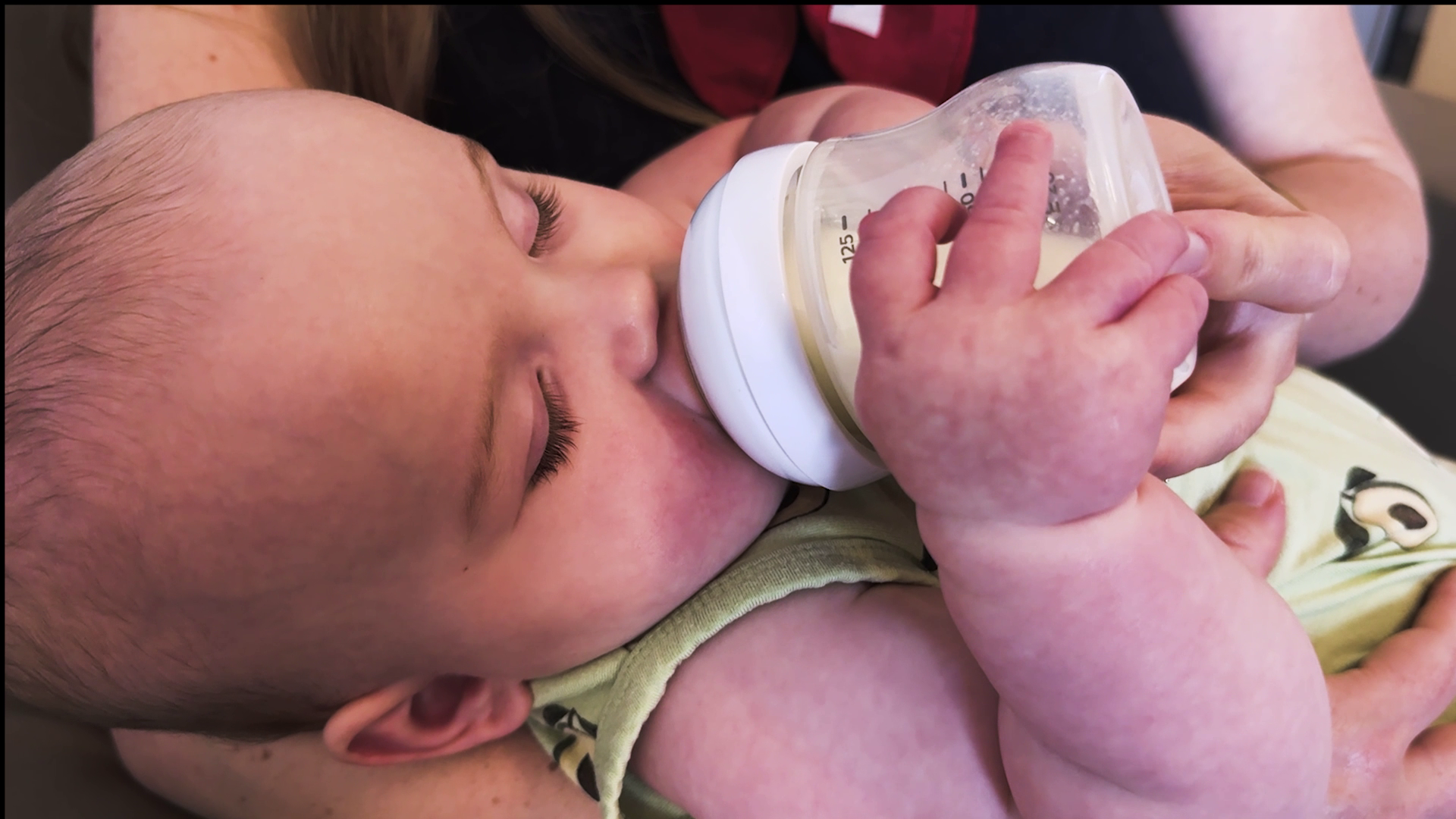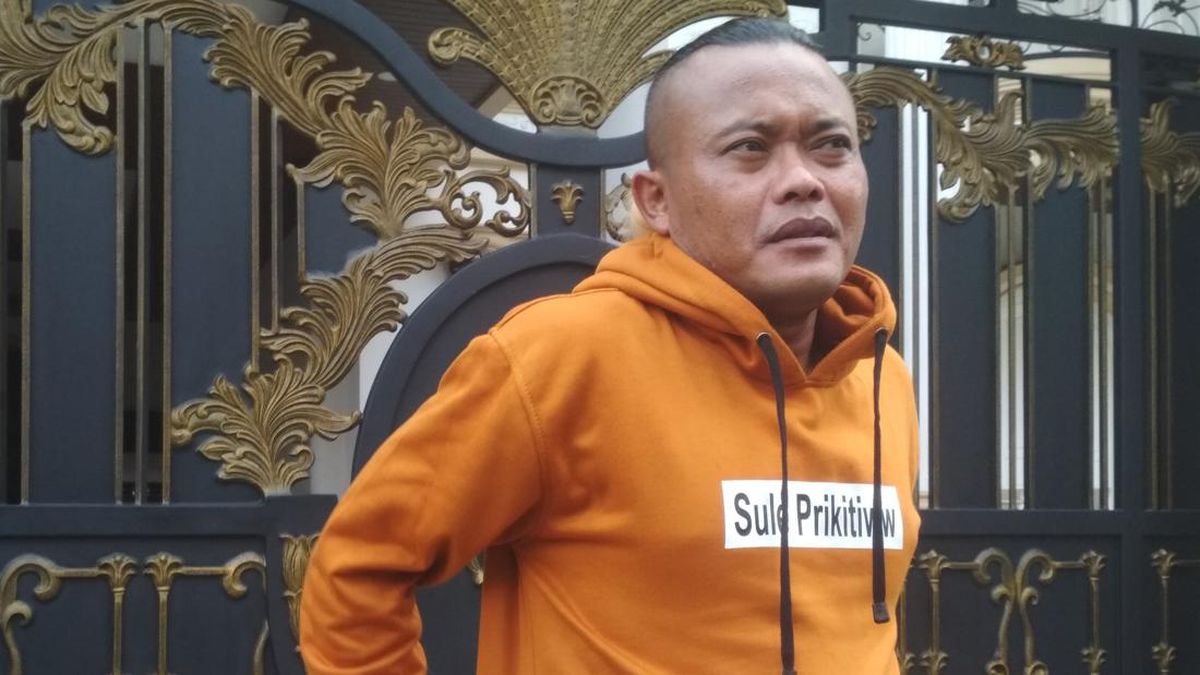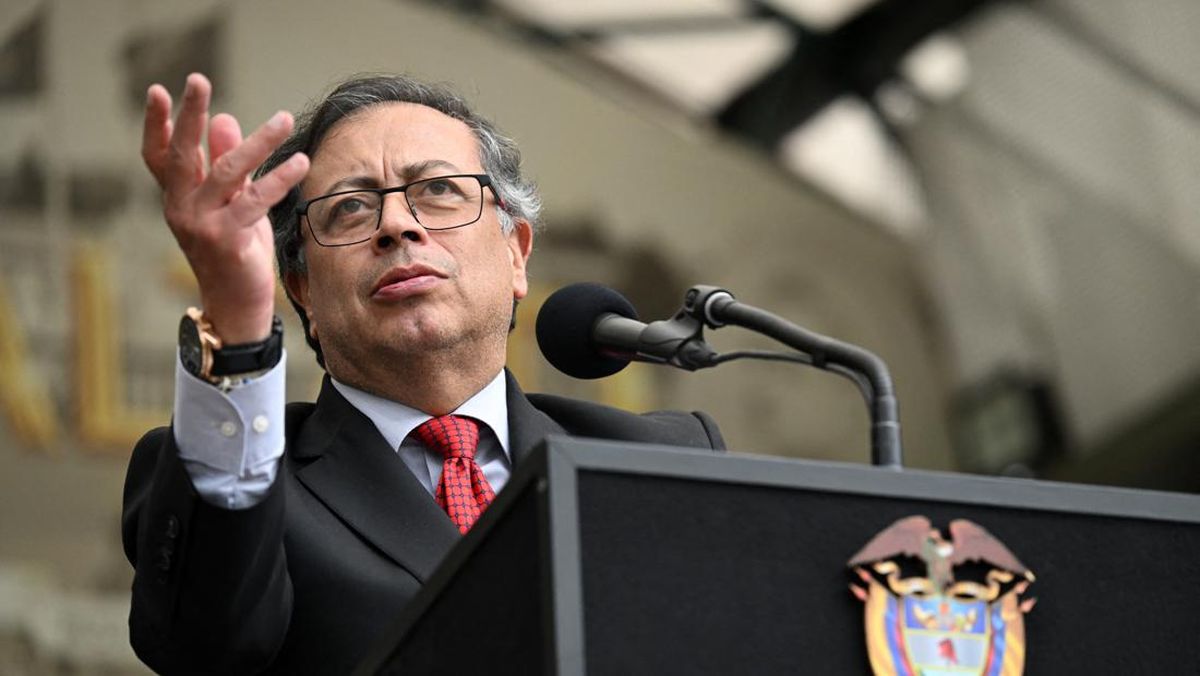California baby's disrupted sleep could silence streaming ads nationwide

Believe it or not, an 8-month-old's sleep schedule is leading to a face-off between California lawmakers and the entertainment industry over loud commercials on streaming services.
California Senate Bill 576, introduced by state Senator Tom Umberg, would keep Netflix, Prime Video, and other streamers from blasting commercial volume way above the level of whatever show or movie you're watching.
Federal law already prohibits regular TV broadcasters from running commercials that are way louder than the program you're watching. However, streaming services weren't around when they passed the federal Commercial Advertisement Loudness Mitigation (CALM) Act back in 2010. So it doesn't apply to them.
Umberg's bill is trying to change that. The bill demonstrates the power of the California lawmakers to do something the federal government can't.
In a state this big, companies generally don't create one policy or product for California and another for everyone else. So as goes California, goes the nation.
Don't wake the baby!
Little Samantha is accomplished beyond her years — well, months — and may be the youngest lobbyist in California history, even if she is more interested in chewing on her legislation than reading it.
Her parents, Zach and Rachel Keller, were doing what new parents do: settling in to watch TV after finally getting Samantha down for the night.
That is when a blaring commercial abruptly ended their moment of peace, waking Samantha again.
"A lot of times, we have the volume so low that we just have subtitles running and still, the commercial ad volumes are so ear-piercing that it wakes her up," Rachel Keller said.
They're not the only ones who are frustrated. Forum and forum, and review after review, people across the country are complaining about loud streaming commercials and ads.
Samantha's parents thought it was time to close that streaming loophole in the federal CALM Act. Zach Keller works for Senator Umberg.
"I thought, 'I've got three kids, eight grandchildren. That's a good idea,' Umberg told CBS News California. "I think it's one of the most popular bills in the legislature, but it's not popular with everyone."
The bill was unanimously passed by the state Senate and sailed through its Assembly committee. But it stalled before its final vote as the powerful Motion Picture Association fought hard to kill the bill, arguing it could hurt small independent streaming services.
Unlike the broadcasting cable networks, streaming ads come from several different sources and cannot necessarily or practically be controlled by streaming platforms.
"'Are you kidding?' That's my response [to that]. They know which hand I use to basically control the remote. They can basically figure out how to make them within a normal range," Umberg said.
None of the streaming services responded to our emails, and the Motion Picture Association declined an interview.
As for Samantha and her very tired parents, they hope this bill ultimately helps babies across the country sleep a little more soundly.
The bill is now on Gov. Gavin Newsom's desk. The question is: Will he sign it?
If signed by Newsom, the commercial volume restrictions for streaming services would go into effect on July 1, 2026.
Netflix co-founder Reed Hastings just donated $2 million to the governor's congressional redistricting ballot measure campaign.
Newsom's office told us it "does not typically comment on pending legislation."
Julie Watts is a national-award-winning investigative correspondent for CBS News, covering California. Her investigations, Capitol accountability reports, and solutions-oriented journalism air weekly on CBS stations across California.


















































